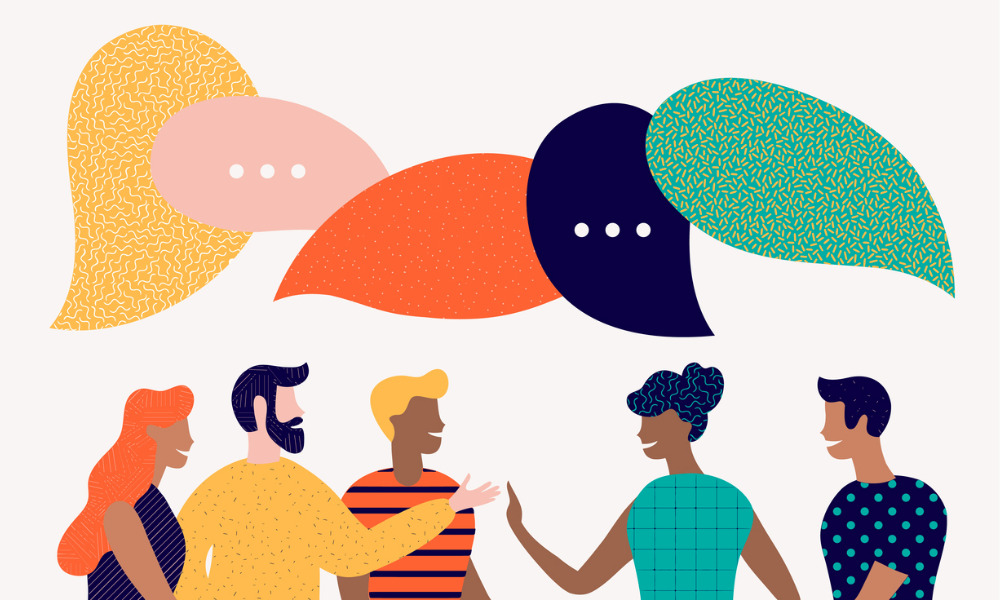The challenge? There are no hard-and-fast rules, no standardized disability terminology and language

by Jeannette Campbell
There’s a recent TD Economics report titled Canadians with Disabilities: Seizing the Opportunity that’s really inspiring for those of us who work in the disability sector. The authors term people who have a disability as “the secret weapon” for companies to successfully win “the war for talent and the fight against population aging.”
The secret weapon. Three small words. Used the way they were by Derek Burleton and Brian DePratto, they have the power to annihilate lingering myths and misconceptions; to unequivocally, positively change perceptions of people who have a disability.
Sometimes we forget about the power of language and the unconscious bias we all have — even if we don’t think we do.
How we talk and write about disability in mass communication (in the workplace, in the arts and culture, and in the media) is still a major issue in the societal exclusion — however inadvertent — of people who have a disability.
Mass communication is highly influential. If we know there’s different language available to describe a person, why are we using the words we’ve chosen? And what effect could those words have? These are the two key questions we all have to ask ourselves. Whether you’re writing an article, a headline or a job posting; or conversing around the water cooler.
Here’s a big part of the challenge: There are no hard-and-fast rules. There’s no standardized disability terminology and language across the board.
Pretty much the best, and only, comprehensive disability-language style guide for communicators and journalists in North America is the one produced by The National Center on Disability and Journalism (NCDJ) at Arizona State University. It lists terminology; provides background about each word; and makes recommendations. The guide covers almost 200 words associated with disability.
Another part of the challenge is there are two schools of language thought around disability: person-first language; and identity-first language, ie., “disabled people” instead of “people who have a disability.”
So, the blanket recommendation is always choose people-first, respectful language (with the caveat to ask the person how they want to be described).
Of course, you can’t please everyone. Because there are those differing schools of thought, even within the disability sector. Is it “people with disabilities” or “people who have a disability”? We at the Ontario Disability Employment Network (ODEN) subscribe to the latter. There is a subtle difference between “with” and “have.”
Words do matter. How you say something is often more important than what you are saying. It affects how the message is received and perceived by the audience.
I experienced this first-hand last October at the start of our 2019 National Disability Employment Awareness Month campaign. I’d spent hours carefully crafting my first-ever op-ed published in the media. It was exciting for all of us at the Ontario Disability Employment Network to see the media interest in our message.
The editor changed the headline. I get it. Unfortunately, they used a turn of phrase that, while it was reader-attention-grabbing and fit within the text frame, it reflected a lack of awareness about the power of language and unconscious bias I mentioned earlier.
The result? The message in my op-ed suffered. Readers posting comments reacted with frustration and ire to the headline — and I get that, too — instead of my message. I had to do some fast, reactive commenting everywhere the op-ed appeared, reminding everyone about the power of language around disability.
We all still need to listen and think more before we speak or write about disability. Because when you use a word, you’re expressing a value associated with it. And this matters more today than ever before. In our digital world, once you say or write it, it’s out there. Forever.
Jeannette Campbell is the CEO of The Ontario Disability Employment Network. For more information, visit wwwodenetwork.com.




